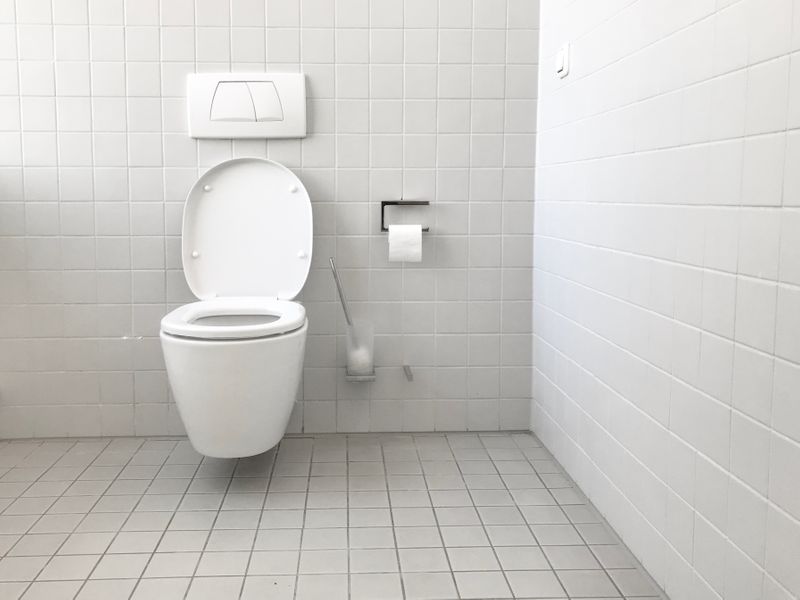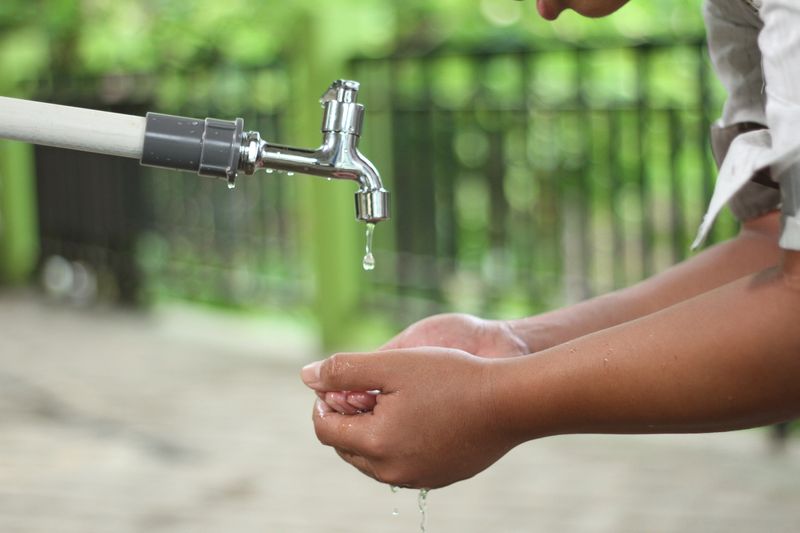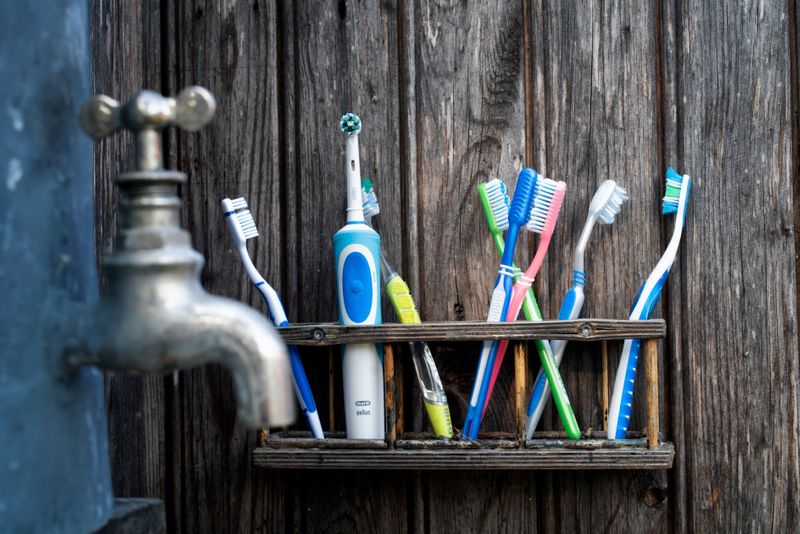
Sanitation and hygiene are important in maintaining healthy communities. Sanitation and hygiene solutions have improved over the years as science and societies have evolved.
Good sanitation and hygiene support healthy living.
Understanding the role of sanitation and hygiene
Sanitation involves facilities, services, and behaviours that prevent the spread of infections and diseases. Necessary sanitation developments include water systems, sewer systems, and garbage disposal. Sanitation also refers to killing germs. When you effectively clean something, you sanitize it.
Hygiene involves the behaviours that help to improve sanitation and maintain good health. Practicing good hygiene involves adopting routine habits such as washing your hands with soap, bathing, brushing your teeth, cleaning and sanitizing your home. Sanitation systems help to support hygiene.
Access to toilets and proper sewer or septic systems is a necessary foundation to maintaining hygiene and preventing the spread of disease caused by contact with the bacteria in human waste. Unfortunately, many people in the world still lack access to proper sanitation systems.

Let's think about water...
How many times do you use water each day? It is needed for drinking, cleaning, and cooking. Everyone needs water to live.
Drinking water, also known as potable water, is water that's considered safe to drink or use for preparing food. Drinking contaminated water can lead to illness and symptoms such as nausea, diarrhoea, stomach cramping, or dehydration. If you find yourself without a source of clean water, boiling it for at least one minute will kill the bacteria and make it safer to drink.
This video helps to explain the importance of sanitation in our lives:
There's still a need for improvement
40% of the world's population does not have access to basic hand washing facilities.
15% of the world's population continues to practice open defecation due to lack of sanitation.

Photo by Gallery DS on Unsplash
Unsafe or lack of sanitation causes approximately 775,000 deaths a year.
One third of the world's population does not have access to proper sanitation.
Children who lack access to sanitation are more likely to develop malnutrition and stunted growth.
How can we maintain good hygiene?
Wash your hands regularly, especially after going to the bathroom.
Brush your teeth at least twice a day.
Floss your teeth at least once a day.
If you can, visit the dentist regularly.
Bathe or shower regularly.
Wash your hair at least once a week.
Keep your clothing and linens clean
Wash and disinfect your home and living areas
Store food safely and use clean cookware and utensils.
Visit the doctor for routine checkups if possible.
Remember, hygiene involves habits. Making hygiene habits a part of your daily life helps to promote a healthier life for ourselves and our communities.
Quiz
What is an example of a sanitation facility?
Take Action
Sanitation and hygiene work together to maintain good health. Without proper sanitation systems, good hygiene practices cannot be effective.
Try to think of hygiene habits you could add to your daily routine that you may not have considered before.
Set reminders for yourself to add or change a habit. For example, a timer for two minutes can help when brushing your teeth, or sing your favourite song for at least 20 seconds when washing your hands!

Your feedback matters to us.
This Byte helped me better understand the topic.
